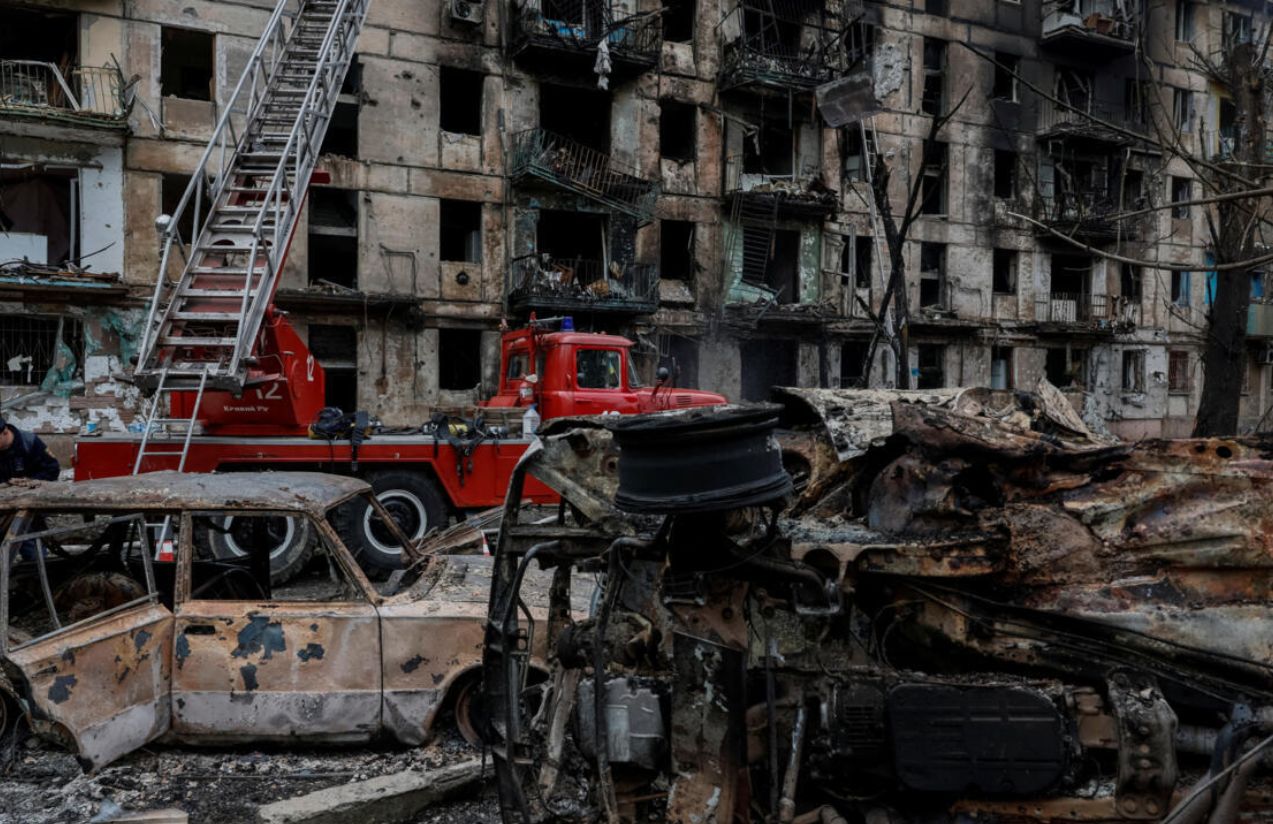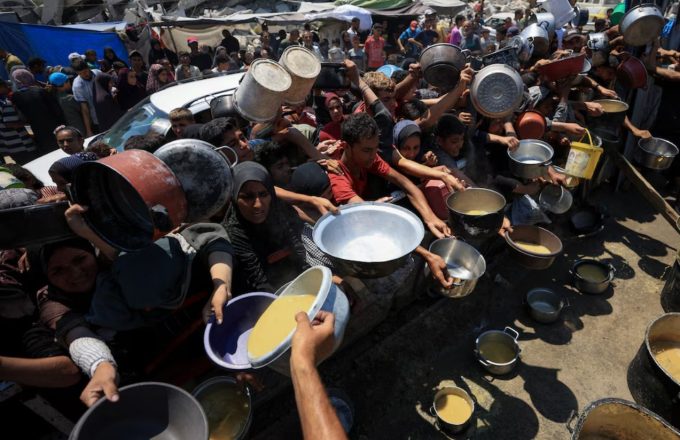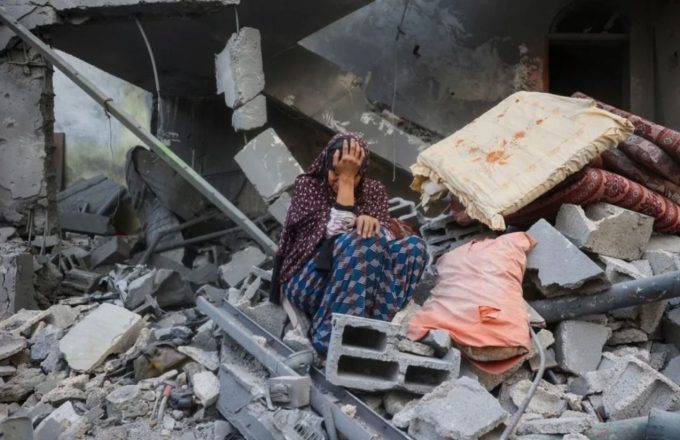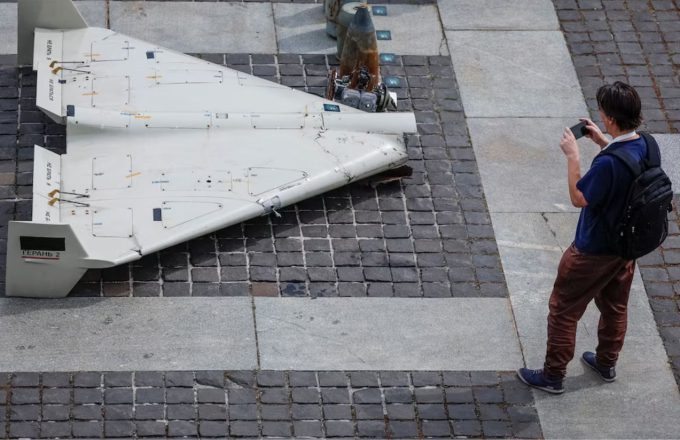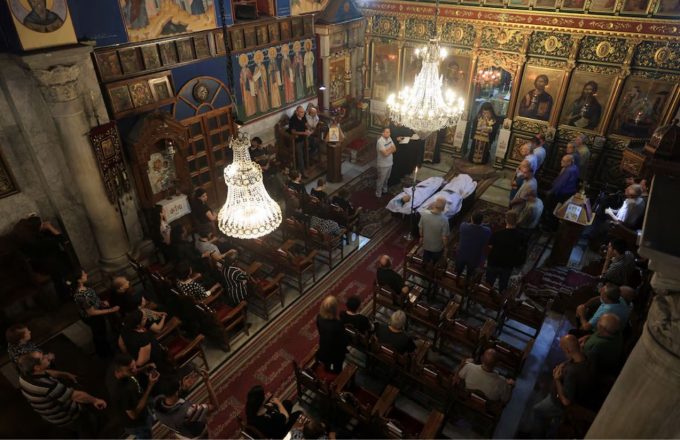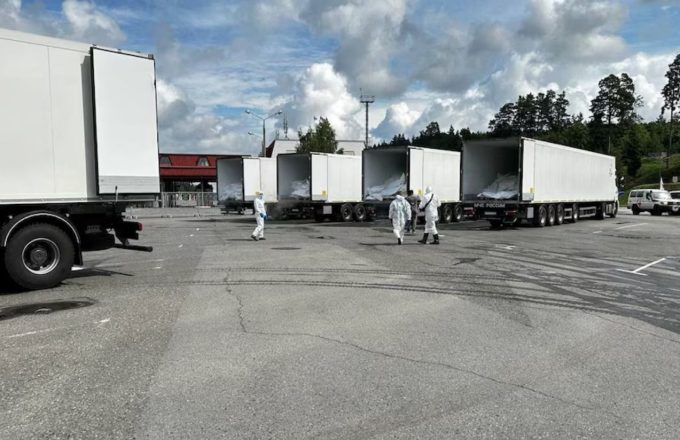Russia and Ukraine conducted a significant prisoner exchange on Saturday, marking a rare moment of cooperation amid stalled efforts to reach a ceasefire. Each country repatriated 307 soldiers, just one day after both sides had released 390 fighters and civilians apiece, in what is now the largest swap since the war began.
Ukrainian President Volodymyr Zelenskyy and Russia’s Defense Ministry confirmed the operation, which is part of a broader agreement to release a total of 1,000 prisoners from each side. The exchange followed negotiations held earlier this month in Istanbul — the first face-to-face meeting between the two delegations since Russia’s full-scale invasion in 2022.
The swap took place on the Ukrainian-Belarusian border, according to a Ukrainian official who spoke on condition of anonymity. The released Russian soldiers were taken to Belarus for medical treatment, the Russian Defense Ministry said.
However, this humanitarian gesture was quickly overshadowed by renewed violence. Just hours before the announcement, Kyiv came under one of the largest combined missile and drone attacks since the war began. According to Ukrainian authorities, Russia launched 14 ballistic missiles and 250 Shahed drones overnight. Ukrainian air defenses intercepted six missiles and neutralized 245 drones — 128 were shot down and 117 disabled through electronic warfare.
Explosions and anti-aircraft fire lit up the sky over the Ukrainian capital as residents rushed to seek shelter in metro stations. Kyiv’s military administration described it as “one of the most difficult nights,” reporting damage in at least six districts. In Obolon, a residential building was heavily damaged, leaving at least five people injured. In total, fifteen people were hurt in the attack, and fires broke out in several areas, including the Solomianskyi district.
“The air raid siren started as usual, then the drones came in — as they always do now,” said Yurii Bondarchuk, a local resident.
Despite this prisoner exchange representing a rare display of goodwill, it does not signal a halt to the fighting. Clashes continue along a roughly 1,000-kilometer front line, where tens of thousands of soldiers have been killed and neither side has shown signs of backing down.
Following the May 16 meeting in Istanbul, Turkish Foreign Minister Hakan Fidan described the exchange as a “confidence-building measure” and stated that both sides had agreed in principle to meet again. However, Kremlin spokesperson Dmitry Peskov said on Friday that no agreement has yet been reached on the location or timing of the next round of talks, as diplomatic maneuvering continues.


